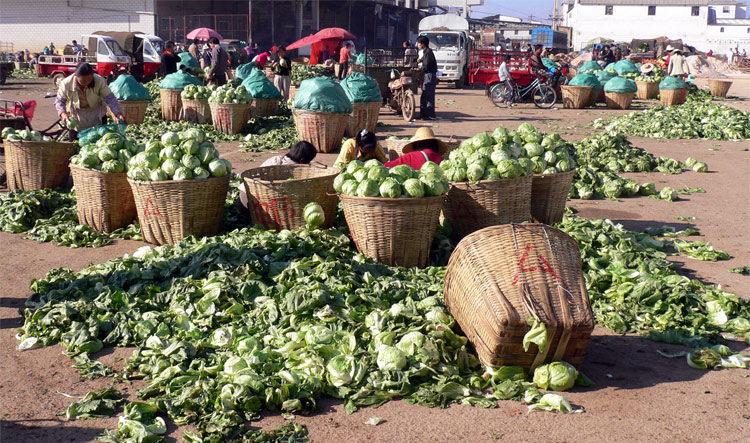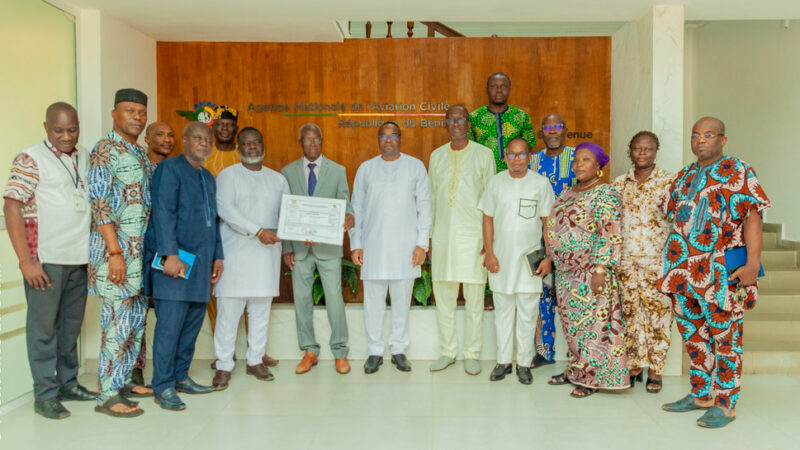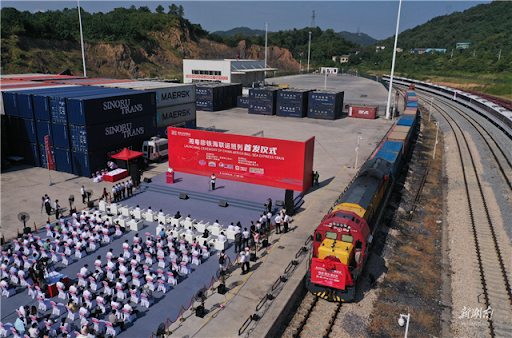Fighting Food Waste: Africa Invests in Sustainable Cold Chain Systems

In Africa, the lack of adequate storage systems leads to the loss of nearly 40% of perishable products before they even reach consumers. In response to this massive waste, the African Centre of Excellence for Sustainable Cooling and Cold Chain in Kigali is developing innovative solutions. The centre focuses on integrating solar energy and eco-friendly technologies to strengthen food security across the continent and combat malnutrition.
Innovating Post-Harvest Preservation
This unique research centre brings together engineers, researchers, and African entrepreneurs to test new preservation methods. Their main goal is to extend the shelf life of agricultural produce—especially fruits and vegetables—minimize losses, and offer green alternatives to traditional refrigeration systems. Such an approach is crucial, as subsistence agriculture accounts for more than 60% of Africa’s economy.
According to Lembe Magwaza, a South African university lecturer, one of these innovations is a solar-powered cold room, which enables refrigeration without relying on fossil fuels or conventional electricity grids. He also notes that the centre is experimenting with eco-friendly packaging methods, including biodegradable materials, in line with Rwanda’s “zero tolerance for plastic” policy. The dual ambition is clear: to reduce post-harvest losses and waste while improving product longevity.
Major Economic and Health Challenges
The severe lack of cold chain infrastructure comes at a heavy cost. According to the Food and Agriculture Organization (FAO), sub-Saharan Africa loses over 4 billion dollars’ worth of food every year.
Supported by the United Nations Environment Programme (UNEP) and the Kigali Cooling Efficiency Program (K-CEP), the Kigali Centre is addressing this crisis by developing solar-powered refrigeration systems. These initiatives not only reduce food waste and preserve product quality but also help lower greenhouse gas emissions.
Moreover, the issue extends beyond food. Francine Munyaneza, CEO of Munyax Exo in Rwanda, stresses the vital role of cold chains in the health sector. She points out that solar-powered cooling systems are essential for storing vaccines and medicines that require stable temperatures. In remote areas with limited or no access to electricity, cold chain disruptions often lead to waste — an estimated 25% of vaccines are lost partly due to this factor.
Toward Sustainable Self-Reliance
By combining innovation, renewable energy, and local expertise, the establishment of a sustainable cold chain in Kigali offers an effective response to the challenges of climate change and hunger. This strategy not only ensures better food preservation and stronger protection for pharmaceuticals but also stabilizes farmers’ incomes.
Through these efforts, Africa is laying the foundation for a self-reliant and resilient path toward food and health security.





